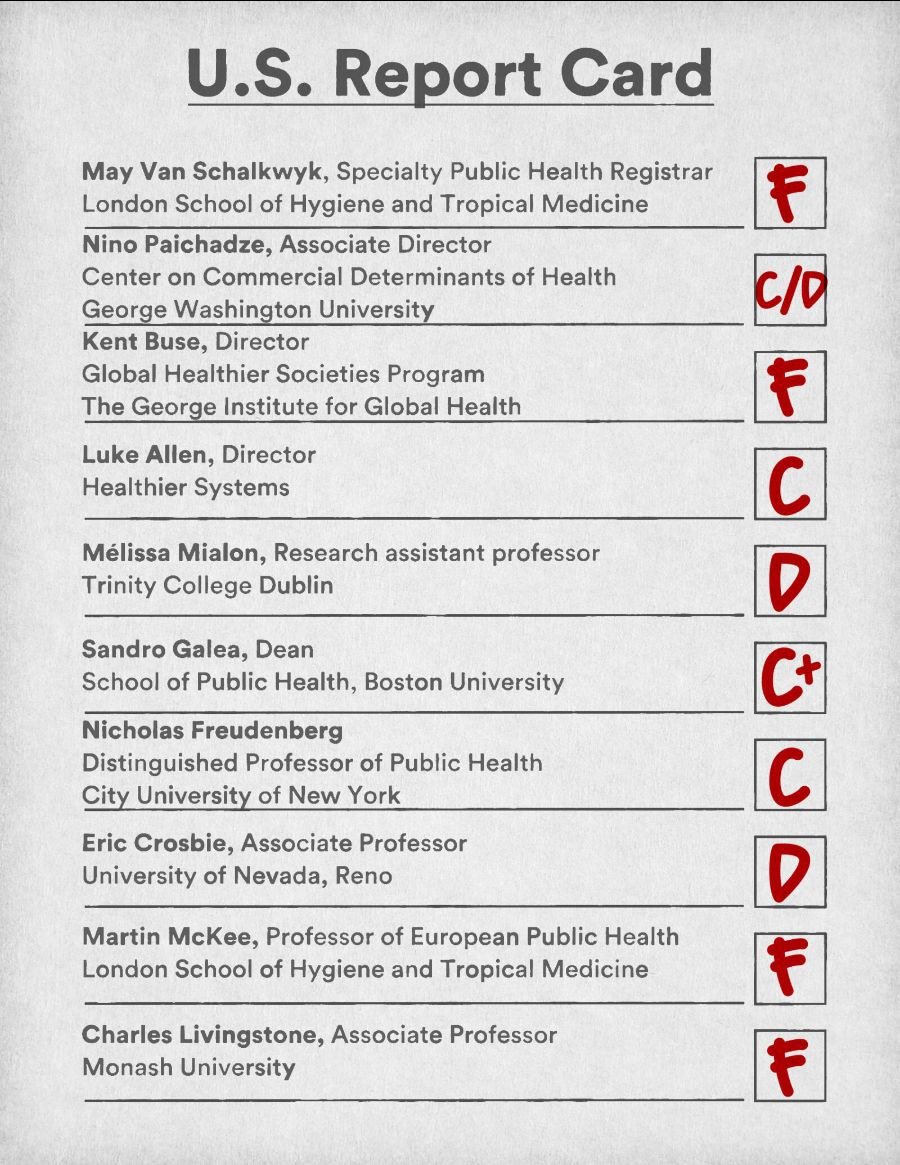Building H #70: New Workshops & New ideas
This edition of the newsletter is like a reverse mullet: a party up front, and all business in the back.
First, the party!
We’re thrilled to announce two in-person Building H meet-ups next month in New York and Boston to get input, ideas, and share progress on our Healthy Design Principles.
Please join us! You can sign up on Eventbrite for Wednesday November 2 in Brooklyn or Wednesday November 9 in Boston.
We began the conversation on our Healthy Design Principles back in June at our first meet-up in San Francisco. The task is to develop a set of heuristics that can be used by designers, developers, and product managers as they build products and services, with the goal of helping them factor in the net health impact on their users and customers. We’re modeling this effort on the Inclusive Design Principles or Sustainable Design Principles frameworks that have helped provide an actionable basis for effective design & product development towards those goals.
We expect a terrific group of thinkers, designers, and builders at both workshops, and we’ll have room for several dozen folks at both events. Register early, so we can plan accordingly!
Now, the business…
We admit that, back in January, we missed it when the National Clinical Care Commission issued its report to Congress on how to leverage federal programs to prevent type 2 diabetes and control diabetes complications. But you can’t much blame us, since at first blush the report smacks of so many other government white papers or action plans. But we’re grateful that the New York Times’ Roni Caryn Rabin had sharper eyes than ours, and took the time to write up a great story on how radical the report truly is. The Commission’s report breaks with convention by framing the diabetes epidemic not as a medical problem but as the inevitable consequence of today’s culture and society.
“The social and environmental conditions that shape people’s daily experiences have a huge impact on whether people will develop diabetes or suffer from its consequences,” the report says. “Diabetes in the U.S. cannot simply be viewed as a medical or health care problem, but also must be addressed as a societal problem that cuts across many sectors, including food, housing, commerce, transportation, and the environment.”
These words strike loudly with the Social Determinants of Health crowd, as well as with us at Building H, as we’ve long pointed out that health is a consequence of our social environments, our built environments, and our product environments, and that industries like food and transportation are directly implicated in the nation’s poor health. Diabetes is the most egregious and most alarming example, as the report explores. Today one in 10 Americans of all ages, including one in seven adults has diabetes. And a stunning 88 million American adults (more than one in three) have prediabetes. The costs are staggering: the country spends more than $300 billion annually on diabetes-related healthcare.
To counter this epidemic, the report doesn’t shirk from thinking big, and pushing past traditional healthcare. The commission advocates for a “health-in-all-policies” approach that goes far beyond the authority of Health and Human Services or the province of the healthcare industries. Policy fixes include new USDA programs to incentivize farmers to grow healthier foods, taxes on sugar-sweetened drinks, and new regulations from the Department of Transportation to enhance “walkability, green space, physical activity resources, and active transport opportunities.”
Now big policy changes would be great, but of course we at Building H want to go a step further, to reject not the medical-first approach but also to call for more than a policy-oriented approach. We sincerely believe that the way to address the diabetes epidemic and so many other closely related health issues is to put some onus on the corporate sector as well. Until we get companies to Own Their Outcomes, we’ll be cleaning up the messes that they create with far fewer resources.
This we admit is a fairly radical idea, but we’re glad to see that we’re not the only ones pushing this line of thought. A nifty piece in Stat News by Nicholas Florko took the same line of thought last week, with a clever approach. Noting that the social determinants of health are compounded by “the commercial determinants of health, Florko asked 10 global experts to grade “the U.S. approach to grappling with all the ways that businesses drive sickness and death in the country.”
ALEX HOGAN / STAT
Needless to say, the country is basically flunking at the task, most experts agreed.
Read the full newsletter.


